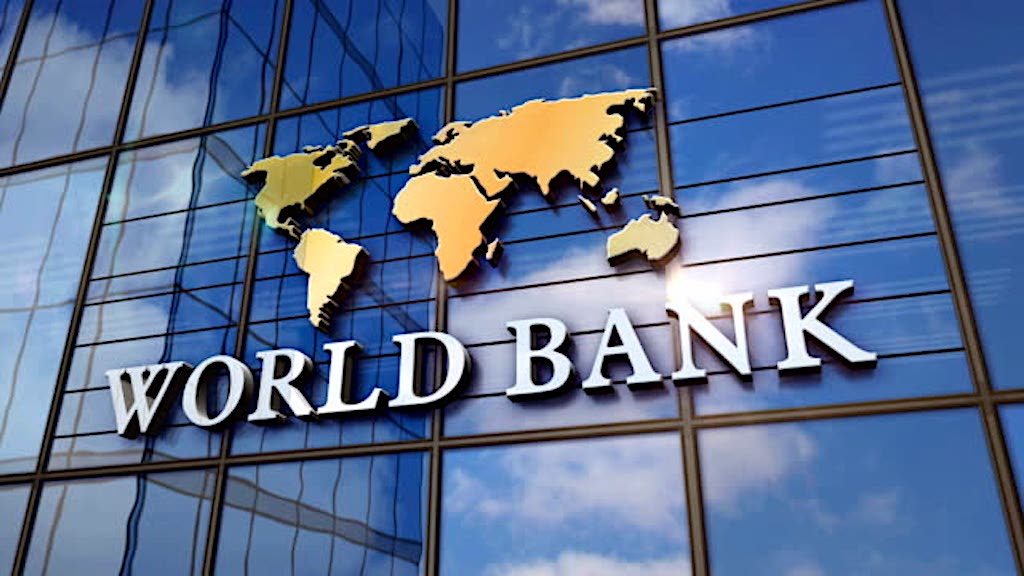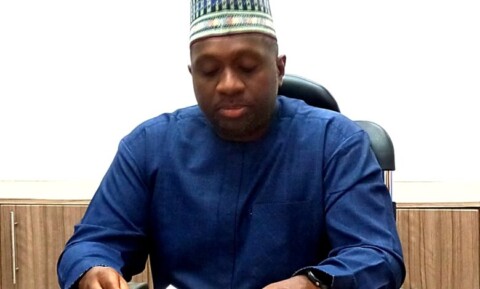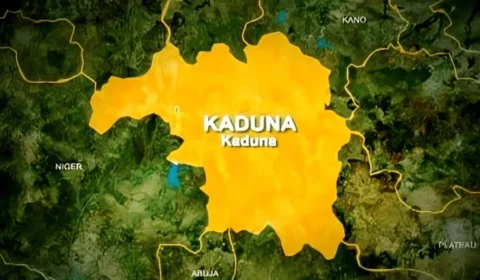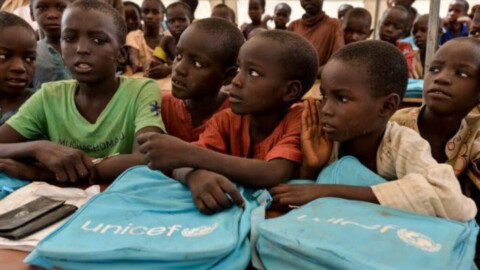The World Bank has approved $1.57 billion to help improve health, education, and power in Nigeria. This funding aims to enhance the well-being of women, children, and young people in the country. It will also help tackle problems caused by climate change, like floods and droughts, by improving dam safety and irrigation.
A statement from the World Bank explains how this funding breaks down: $500 million will focus on solving governance problems in education and health, $570 million will support primary healthcare, and $500 million will be used for improving power and irrigation in Nigeria.
The two programs for governance and healthcare will help the Nigerian government provide better basic education and primary healthcare. The World Bank highlighted that these services are essential for improving the country’s overall human development.
The HOPE-GOV program will help Nigeria fix underlying problems in governance that affect education and health. It will also enhance the management of finances and human resources in these sectors. This means better funding and more efficient services in basic education and healthcare.
Additionally, the HOPE-PHC project will improve essential health services, such as maternal and child health care, helping to reduce deaths and strengthen the healthcare system. It aims to benefit around 40 million people, especially those who are most vulnerable.
The SPIN program will focus on improving dam safety and providing better irrigation to protect people from floods and droughts. It will cover around 40,000 hectares and support nearly 950,000 people, including farmers and households. This project is crucial for increasing agricultural productivity and ensuring a reliable water supply.
Ndiamé Diop, the World Bank’s country director for Nigeria, emphasized that investing in health and education is vital for boosting employment opportunities and reducing poverty in Nigeria. He believes that this funding will address various challenges faced by Nigerians, especially women and girls, in accessing quality services.
Overall, this new funding from the World Bank is a significant step toward improving health, education, and infrastructure in Nigeria, promising a brighter future for its citizens.





